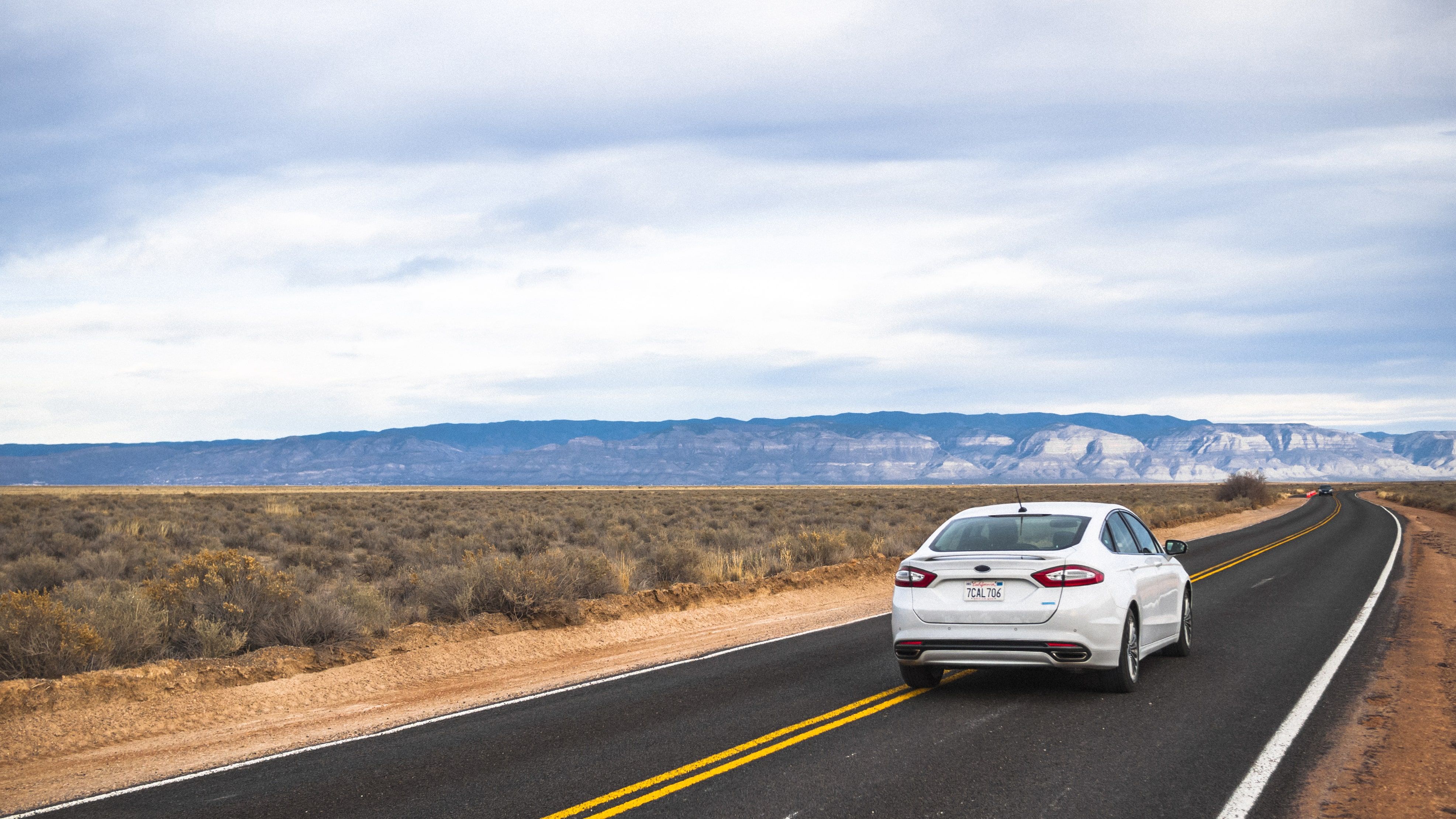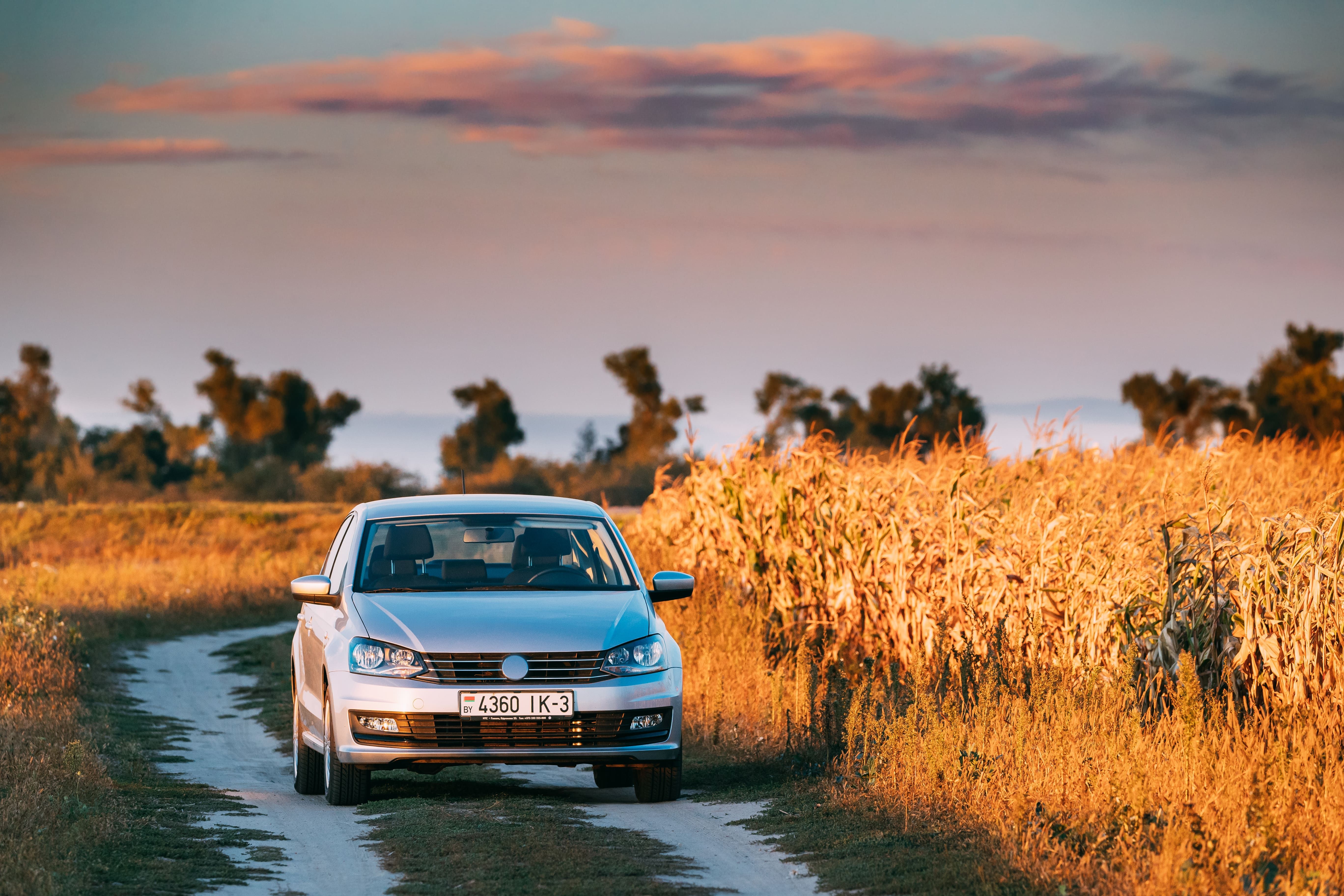Consumables Cover in Car Insurance
Consumables Cover in Car Insurance
When your car is involved in an accident and goes in for repairs, the costs can add up quickly, not just for major parts but also for small items like engine oil, nuts and bolts, grease, brake fluid, and coolant. These items, known as consumables, are typically not covered under a standard car insurance policy. This means you might have to pay for them out of your own pocket, even if you have comprehensive insurance.
That’s where Consumables Cover comes in. It’s an add-on that helps you save money by covering these everyday parts used during repairs. Let’s understand how this cover works, when to consider it, and why it might be a smart addition to your policy.
What are consumables in car insurance?
When your car undergoes repairs after an accident, several small but essential materials—like engine oil, brake fluid, gearbox oil, nuts, bolts, grease, and AC refrigerant gas, are completely used up. These are called consumables. Though individually low-cost, they can add up to a significant part of your repair bill.
Most standard motor insurance policies exclude these expenses, meaning you pay for them out of pocket. That’s where a Consumables Cover becomes relevant. It’s an add-on that reimburses the cost of these materials during a valid own-damage claim.
With the Auto Secure Private Car Package Policy from Tata AIG, you can opt for this important add-on. It covers a wide range of consumables and is applicable only when the vehicle is repaired at a Tata AIG authorised garage, ensuring both quality and accountability.
Tata AIG’s Consumables Cover stands out for its comprehensive list of covered items, claim-linked usage, and focus on genuine repairs. It offers a practical way to reduce out-of-pocket expenses, especially during major repairs, while complementing your core car insurance coverage.
What Does a Car Insurance Policy Cover?
Third-party car insurance is the most basic form of motor insurance and is legally mandatory under the Motor Vehicles Act, 1988. It provides coverage for:
● Bodily injuries or death caused to a third party in an accident involving your car.
● Property damage inflicted on a third party due to your vehicle (up to a specified limit).
● Mandatory Personal Accident Cover for the owner-driver.
However, third-party insurance does not cover any damage to your own car, theft, or injuries to passengers in the vehicle.
Comprehensive car insurance offers broader protection. It includes all the benefits of third-party insurance, plus it also covers:
● Damage to your own vehicle due to accidents.
● Theft or vandalism of your vehicle.
● Loss or damage due to natural disasters such as floods, earthquakes, cyclones, storms, lightning, etc.
● Loss or damage due to man-made incidents such as riots, fire, strikes, or burglary.
● Optional personal accident cover for passengers and enhanced coverage for the owner-driver through add-ons.
What About The Consumables Coverage?
Many people think that if they have a comprehensive car insurance policy, they are protected against all types of unforeseen expenses related to their car. However, that’s a half-truth. Strictly speaking, a comprehensive policy covers the mandatory third-party liabilities as well as any damages to the insured car, but it does not cover the consumable expenses.
So, what are consumables in car insurance?
If you’re hearing this word for the first time, let us clear the clouds around it. The consumables in car insurance refer to the items that need to be replaced regularly due to wear and tear. The consumables items list, in the case of a car, includes brake oil, engine oil, lubricants, refrigerant for AC, ball bearings, nuts, screws, bolts, and washers, among many others. And when your four-wheeler insurance covers the expenses for such consumables, it is called covering consumables in car insurance.
How to Get Coverage for Consumables?
A comprehensive car insurance policy typically excludes the cost of consumables, such as engine oil, brake fluid, lubricants, and nuts and bolts, used during repairs after an accident. To cover these, you can opt for a Consumables Cover add-on.
This add-on is available only under comprehensive (own-damage) policies and applies when consumables are replaced as part of accident-related repairs, not for routine maintenance. It is not a standalone policy but may be offered individually or as part of a bundle.
At Tata AIG, this add-on can be included with the Auto Secure – Private Car Package Policy. However, claims under Tata AIG’s consumables cover are valid only if:
● The vehicle is repaired at a Tata AIG authorised garage
● The accident is reported promptly
● The policy and driver documents are valid.
Premiums vary based on the insurer, vehicle age (typically under five years), model, and existing claim history. Tata AIG allows cashless claims through its network of 5,900+ garages, provided prior intimation is given.
Before adding this cover, always check the eligibility conditions, exclusions, and claim timelines with Tata AIG to ensure it effectively meets your coverage needs.
How to Renew Your Consumables Cover Add-On?
To renew your consumables cover in car insurance with Tata AIG, follow these steps during your car insurance renewal:
Visit the official Tata AIG website and navigate to the car insurance renewal section.
Enter your vehicle registration number or existing policy details to access your current coverage.
Review your policy and select the consumables cover add-on along with any other desired covers.
Confirm your details, including No Claim Bonus (NCB) and Insured Declared Value (IDV).
Complete the payment online to renew your car insurance online with consumables cover.
Download or receive your updated policy document via email for your records.
Renewing your consumables cover ensures continued protection for small but essential parts during vehicle repairs.
What are the Inclusions of a Consumables Cover?
By attaching the consumables cover add-on with your base policy, you can get coverage for replacing the parts or items that get damaged due to regular wear and tear. These items are constantly consumed by the car and become unfit for further use after a specific period.
The consumables in car insurance usually cover the expenses for replacing the consumable items mentioned in this consumables items list:
All types of lubricants, such as engine oil, brake oil, steering oil, coolant, etc.
AC gas or refrigerant used in your car.
All types of filters, such as dust filters, air filters, engine filters, etc.
Vital items such as bolts, nuts, washers, screws, grease, etc.
What are the Exclusions of Consumables Cover?
You need to remember that the consumables covered by car insurance only cover the expenses for consumables, not the costs of fuel or electricity. Also, an insurer may deny the claim to cover consumables in any of the following scenarios:
● The driver was driving the insured car without a valid driving licence
● He or she was driving under the influence of drugs or alcohol
● A private vehicle was being used for a commercial purpose
● Delayed information to the insurance company about the replacement of consumable items
● Electrical or mechanical breakdown of the insured car
● Unnecessary replenishment of engine oil or other consumables
Benefits of Adding Consumables Cover to Your Car Insurance
Adding consumables cover in car insurance brings several important benefits:
Financial Relief: It helps cover the cost of small but essential parts like nuts, bolts, and lubricants during repairs, reducing your out-of-pocket expenses.
Peace of Mind: With this cover, you won’t have to worry about unexpected repair costs after an accident, making your comprehensive car insurance even more reliable.
Extended Protection: Consumables cover complements your existing car insurance online policy by ensuring that all repair-related expenses, including consumables, are accounted for, giving you complete coverage.
What are the Conditions You Need to Fulfil?
Just like with any other insurance, you need to fulfil certain conditions to become eligible for filing a claim under the consumables cover of your car insurance. These may include:
Your claim should be made under the “own damage” coverage of your comprehensive car insurance policy. It means that third-party damages are not eligible for claim under this add-on
You should repair or replace your damaged consumable items within three days of the accident. Your insurer might reject your claim if you file it after three days of the accident
This coverage is usually available for cars that are less than five-year-old. Cars older than five years are usually denied consumables cover in car insurance
How Does a Consumable Cover in Car Insurance Work?
A consumable cover is an add-on to your comprehensive car insurance policy that helps you recover the cost of items like engine oil, brake fluid, AC gas, nuts, bolts, washers, grease, and other materials used up completely during car repairs after an accident. These items, though small in value, can add up and are typically not covered under a standard car insurance policy.
For example, imagine your repair bill after an accident is ₹15,000. Out of this, ₹2,000 is spent on consumables. If you don’t have the add-on, your insurer may only pay ₹13,000, and you’ll have to pay the remaining ₹2,000 yourself. But if you do have a consumable cover, your insurer will reimburse the entire ₹15,000—provided the repair is done at an authorised garage and the claim meets the policy conditions.
With Tata AIG’s Auto Secure – Private Car Package Policy, you can easily opt for the consumables cover as an add-on. It ensures you're not stuck paying for these small but essential materials out of pocket. Tata AIG offers this benefit with a smooth claim process, cashless repairs at network garages, and service quality that ensures you can focus on your safety, not the cost of nuts and bolts. This add-on is especially valuable for newer cars and those seeking full financial protection during accident repairs.
What are the Documents Required for the Consumables Cover Claim?
When you file a claim on your car insurance policy with consumable cover, you need to furnish the following documents:
All receipts and repair bills
Driving licence
Car insurance document
If you don’t want any hassles, try to get your car repaired at a network garage. Even if you’re taking your car to a non-network garage, do inform the insurer in advance.
Who Should Consider a Consumables Cover Add-On?
Even if it means an addition of a nominal amount to your car insurance premium, it’s prudent to buy a consumable cover in insurance. With Tata AIG, you can get the best four-wheeler insurance with consumable cover at very competitive premiums. Compare plans, understand the premiums, and choose the right policy for yourself.
Understanding who benefits most from a consumables cover in car insurance can help you decide if this add-on suits your needs. Consider the following:
● Owners of Older Vehicles: Older cars typically require more frequent replacement of consumables like nuts, bolts, and lubricants. This add-on helps cover those routine costs.
● Daily Commuters and Long- Distance Drivers: Frequent use causes higher wear and tear, increasing the need for consumable replacements during repairs.
● Holders of Comprehensive Car Insurance: While major repairs are covered, consumables often are not. Adding this cover ensures full protection without unexpected expenses.
● Budget-Conscious Vehicle Owners: To avoid sudden out-of-pocket expenses for small repair parts, consumables cover provides predictable financial support.
● Owners of Imported or Luxury Vehicles: Repairs can be costly, so covering consumables helps reduce overall repair bills.
Before adding this cover, always review your policy details carefully to understand the extent of coverage and any exclusions.
Disclaimer / TnC
Your policy is subjected to terms and conditions & inclusions and exclusions mentioned in your policy wording. Please go through the documents carefully.


